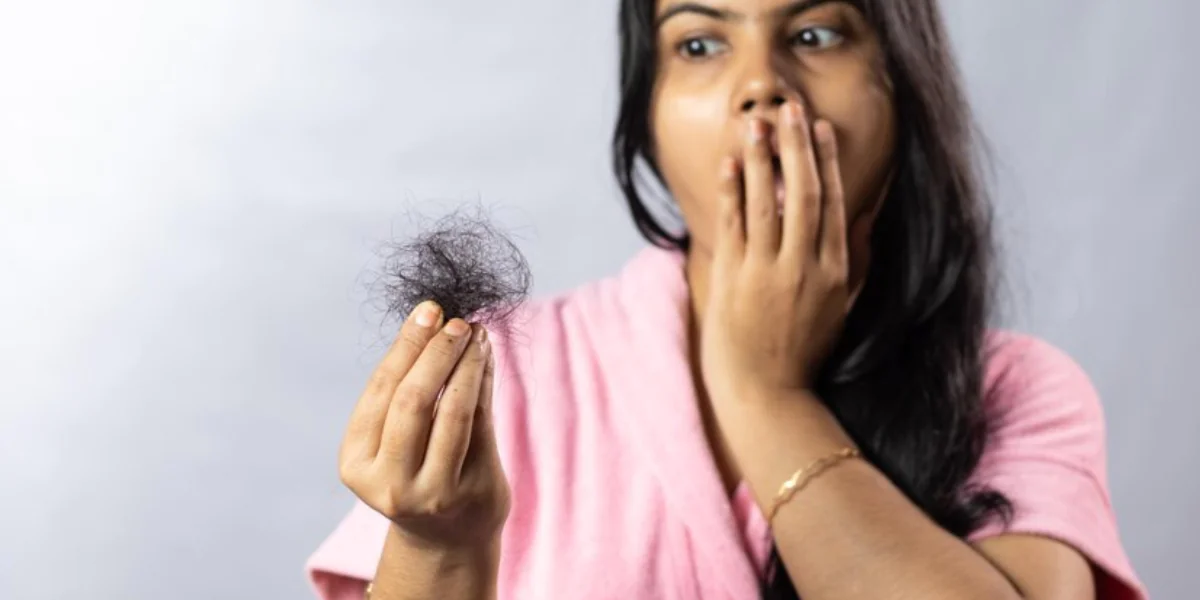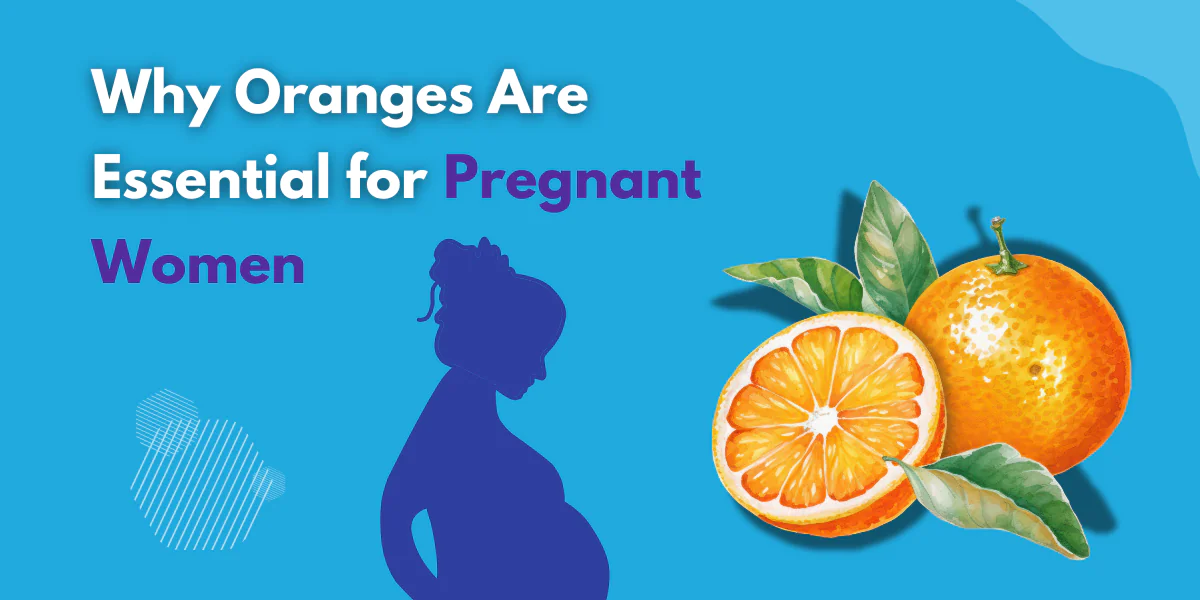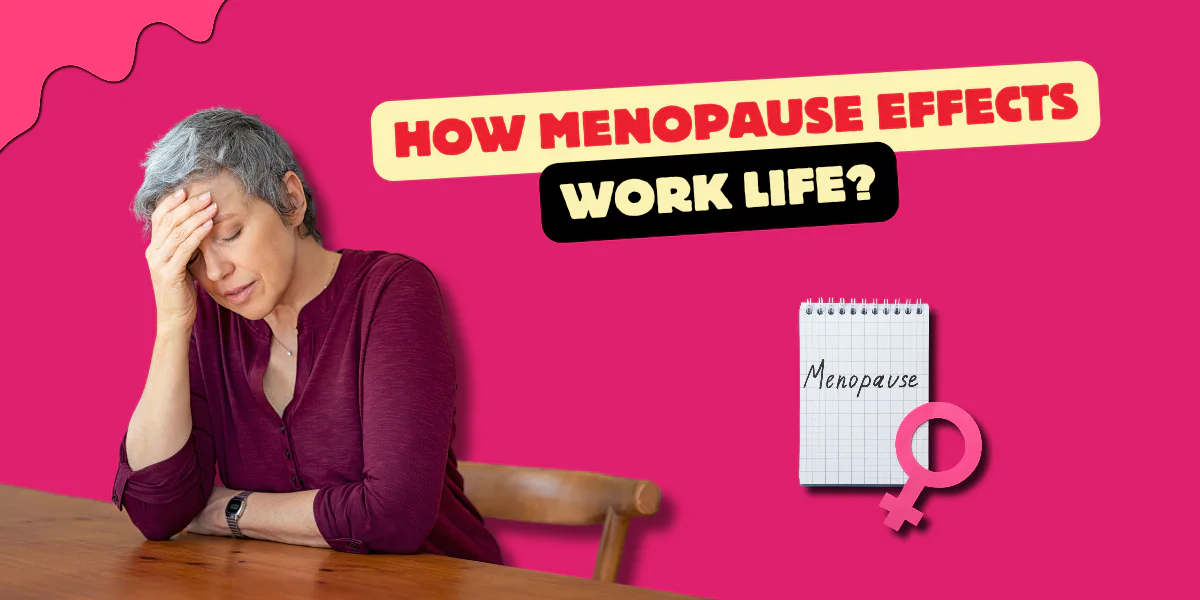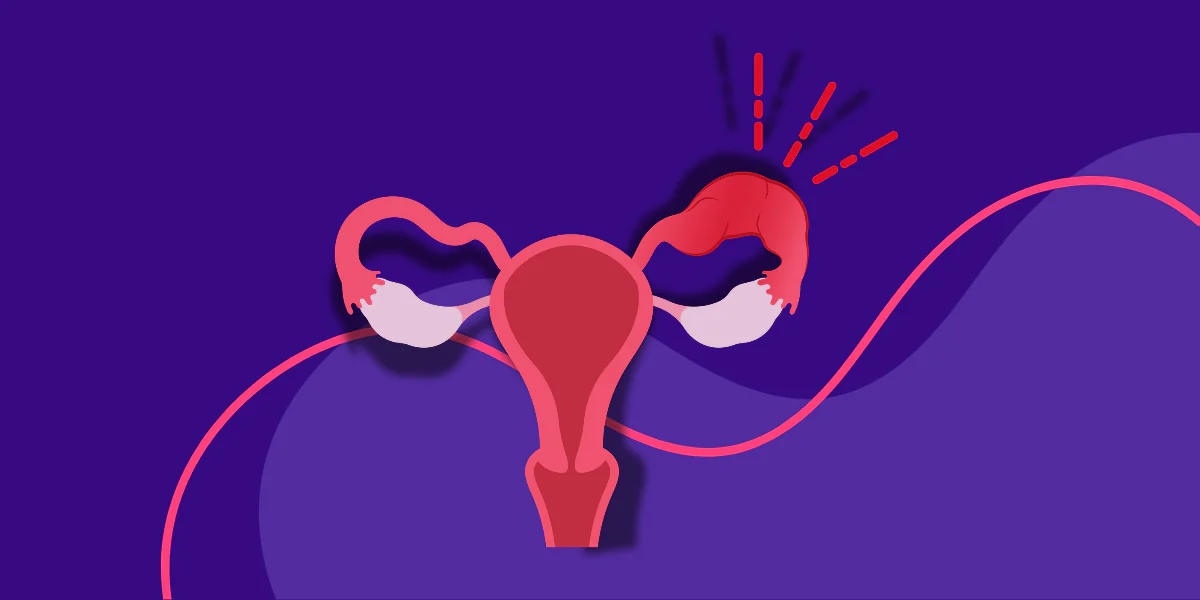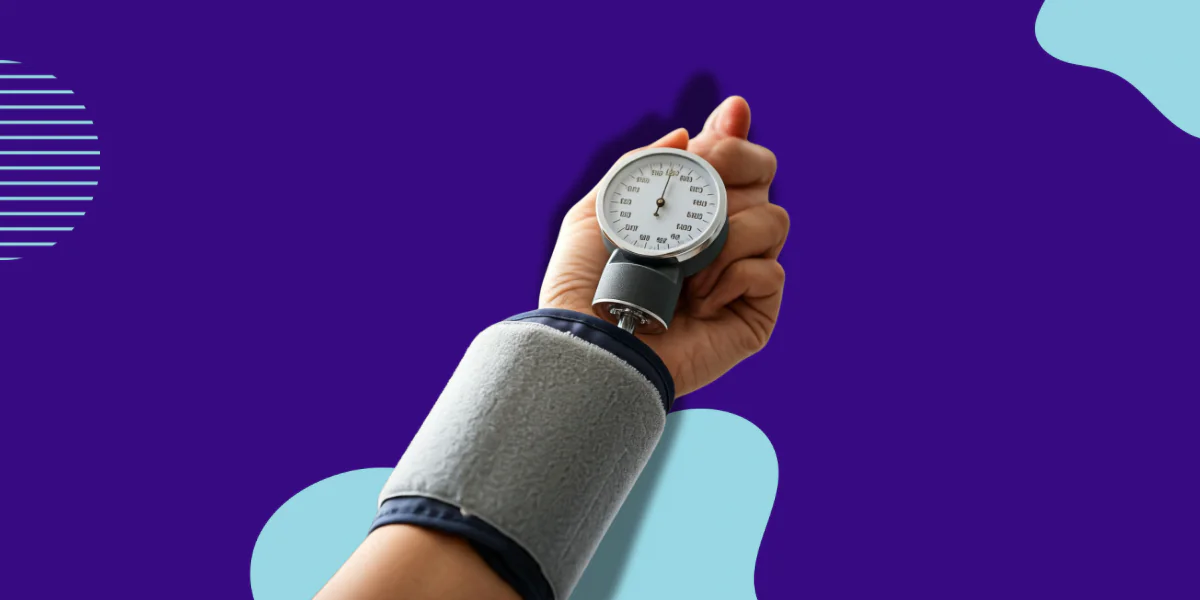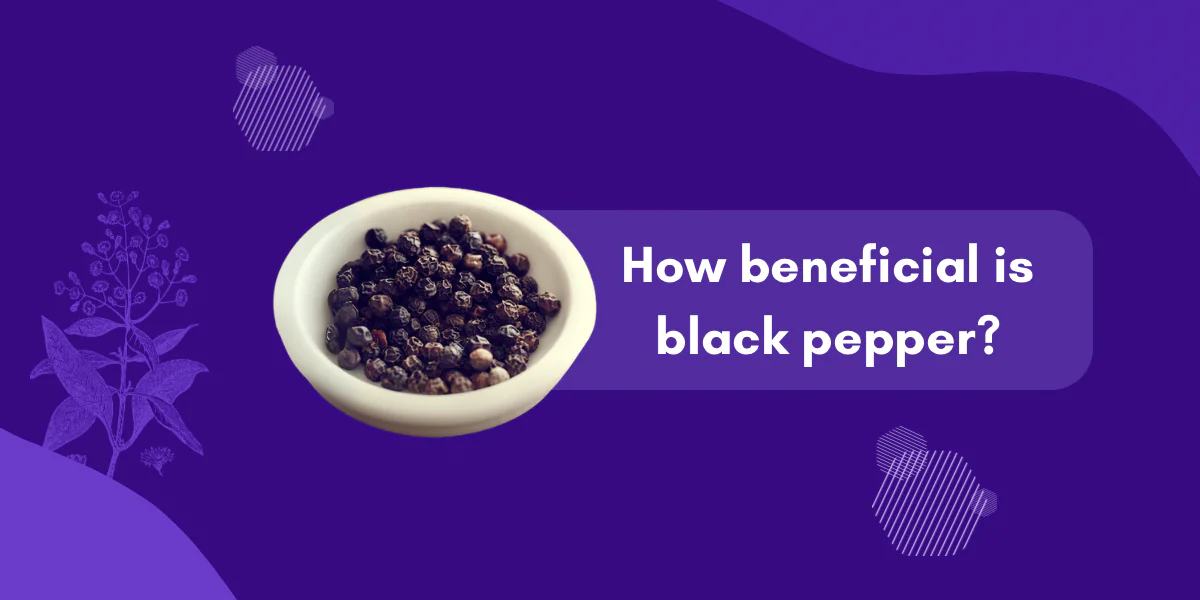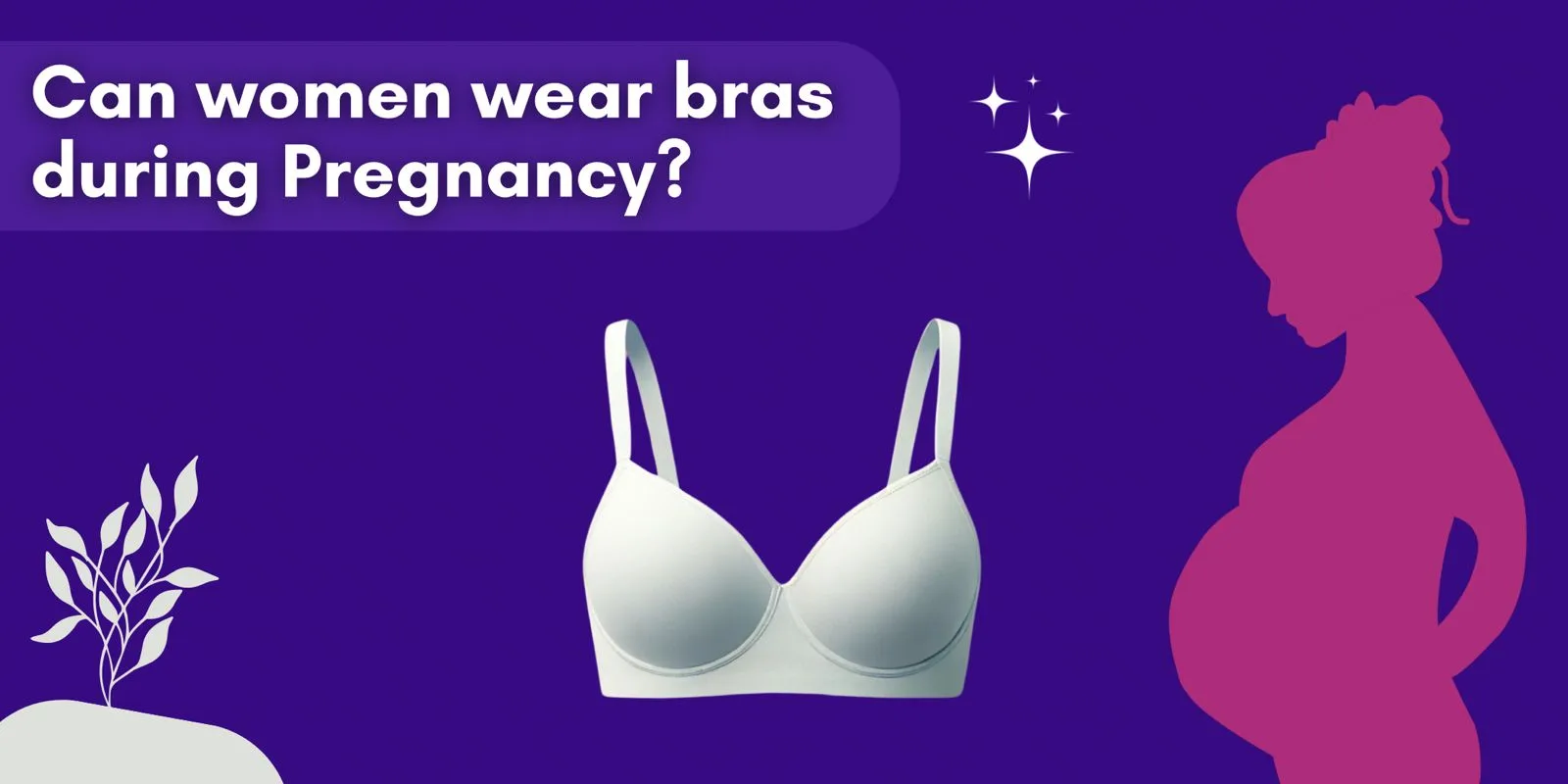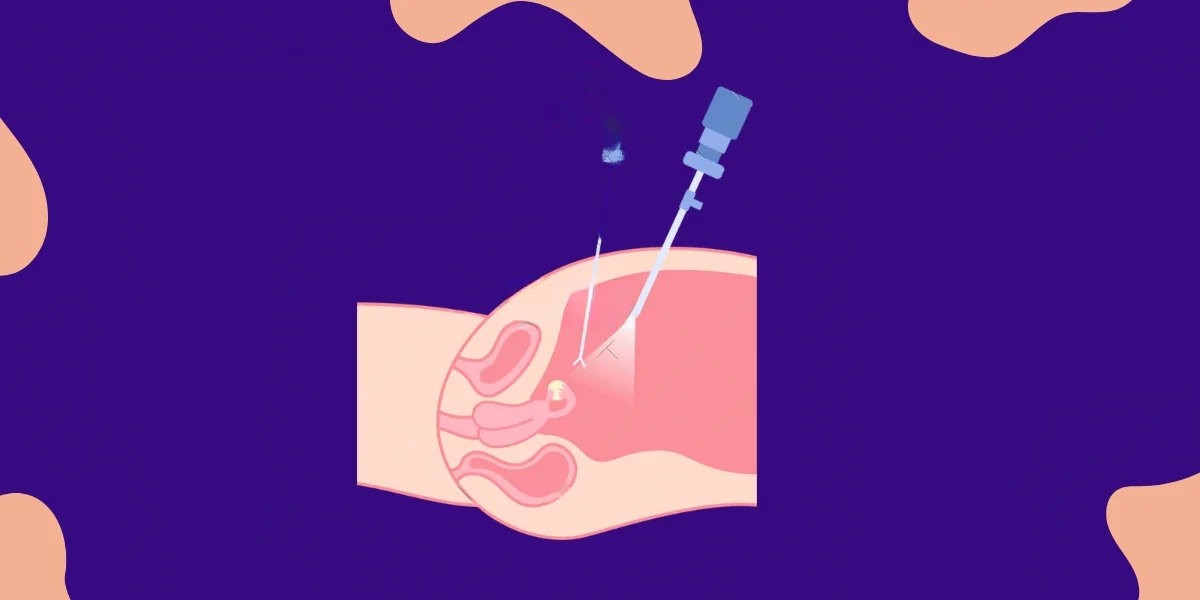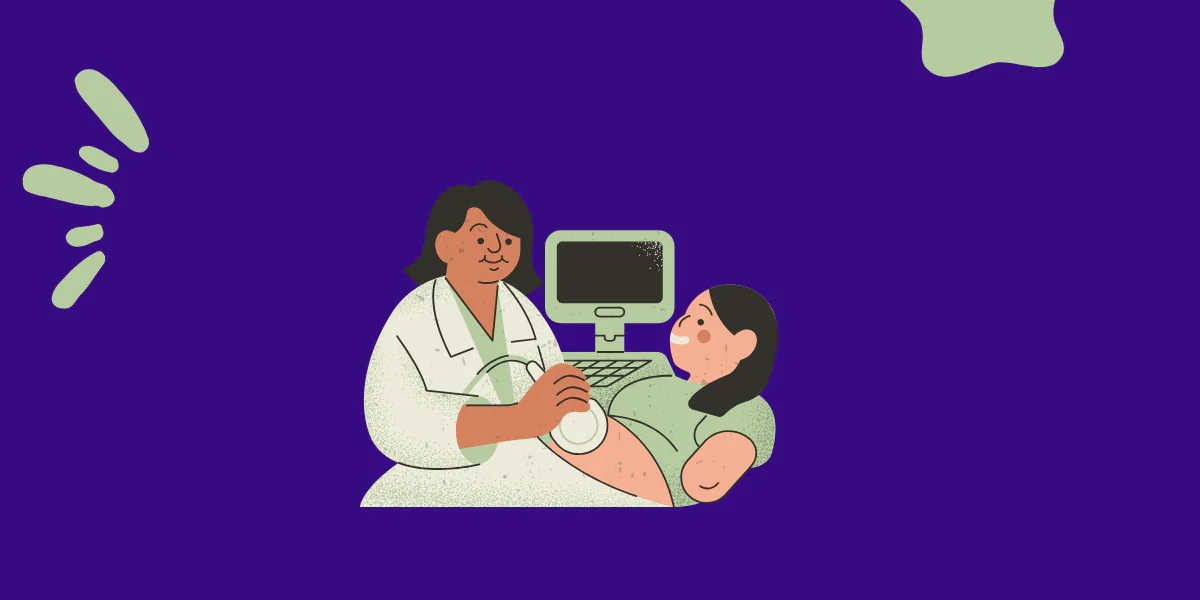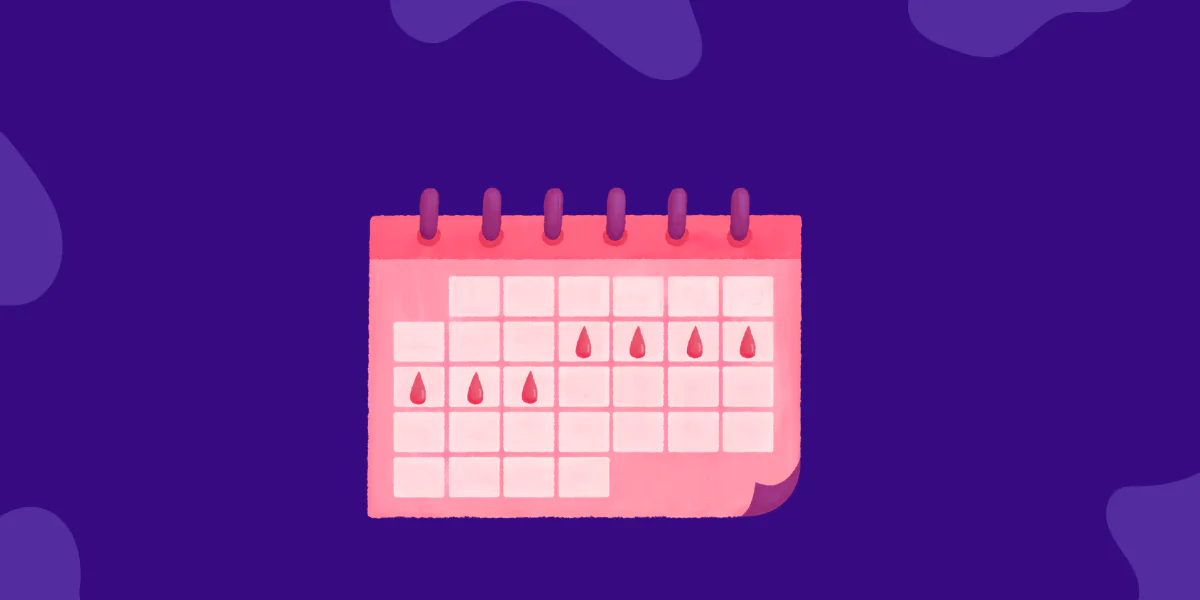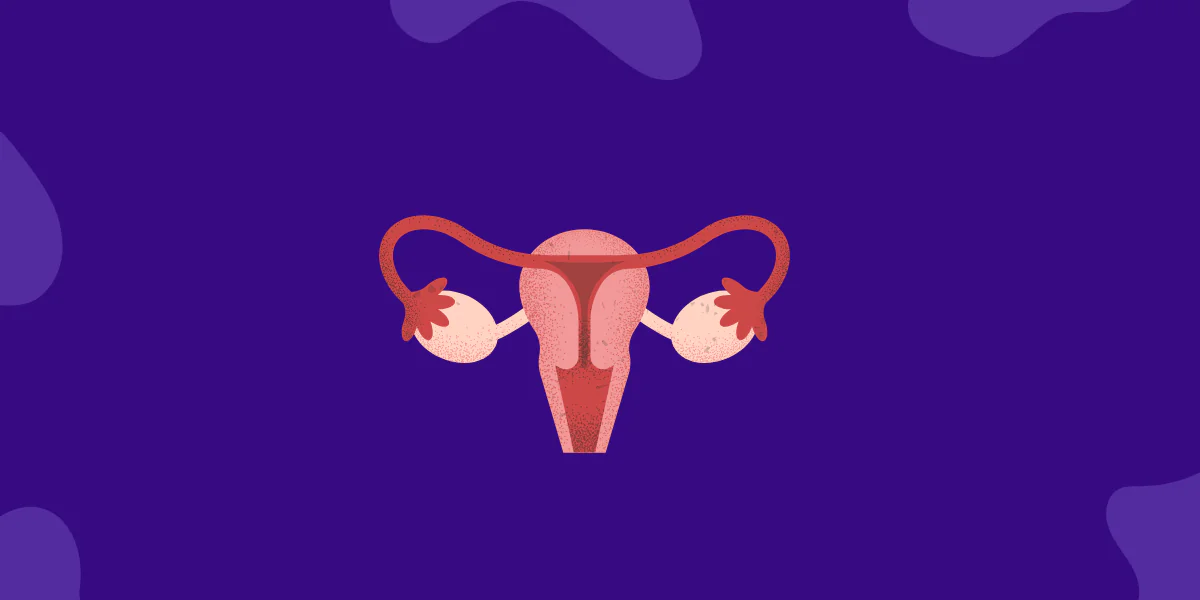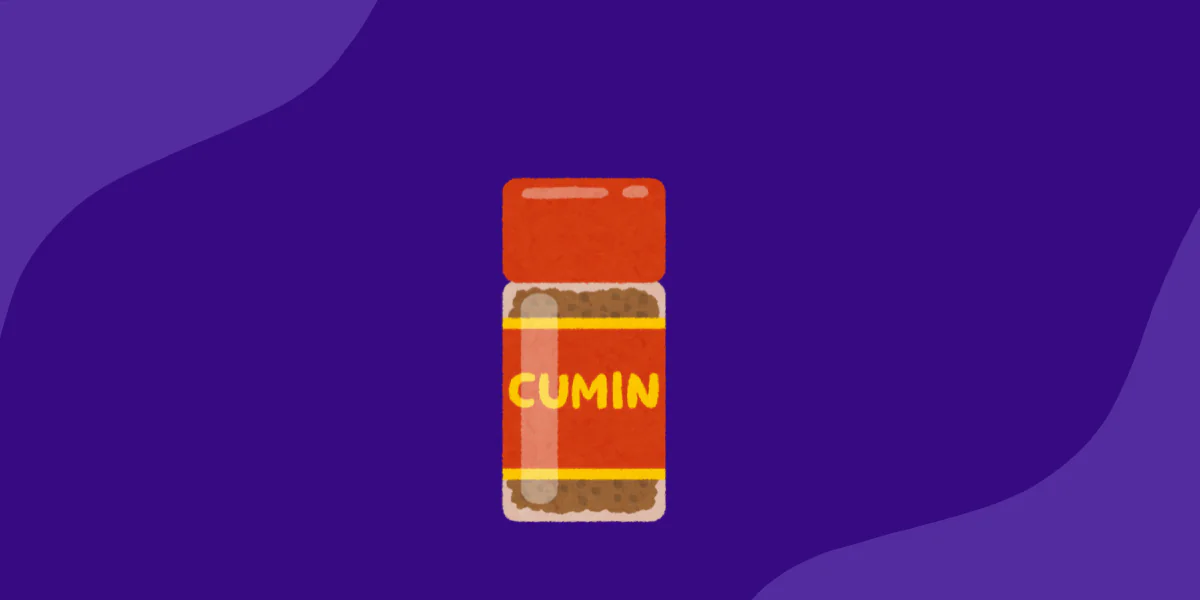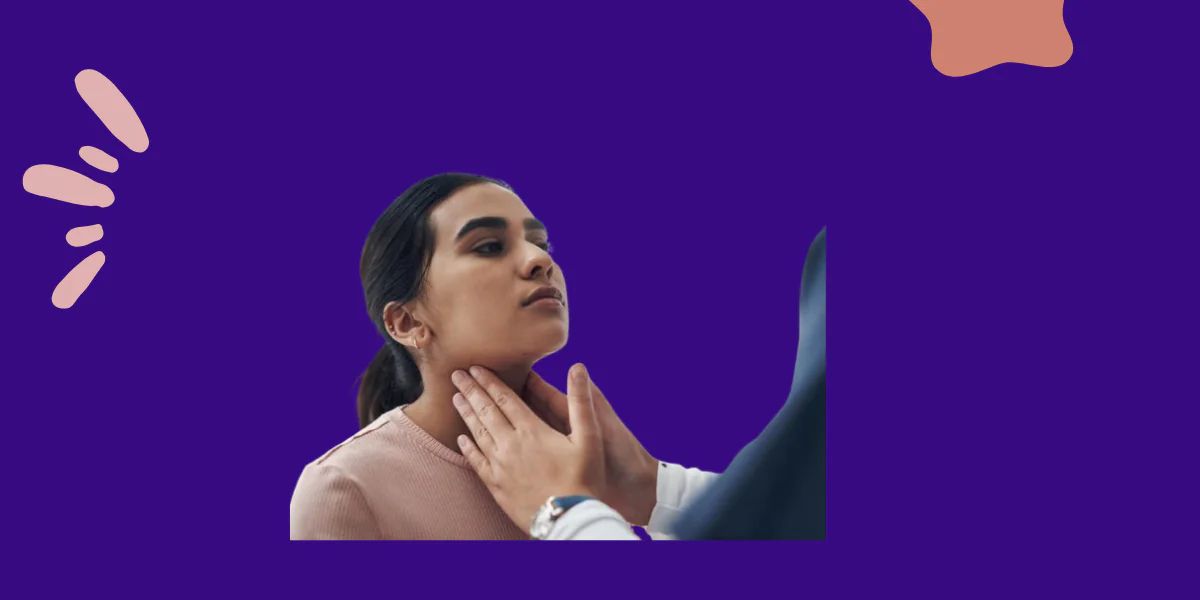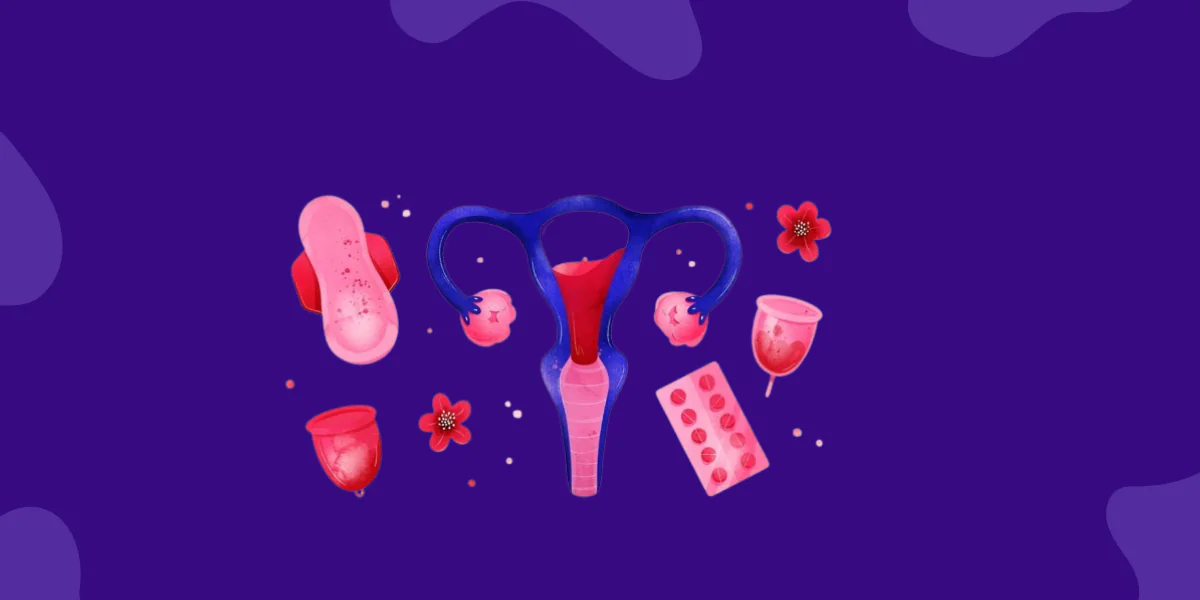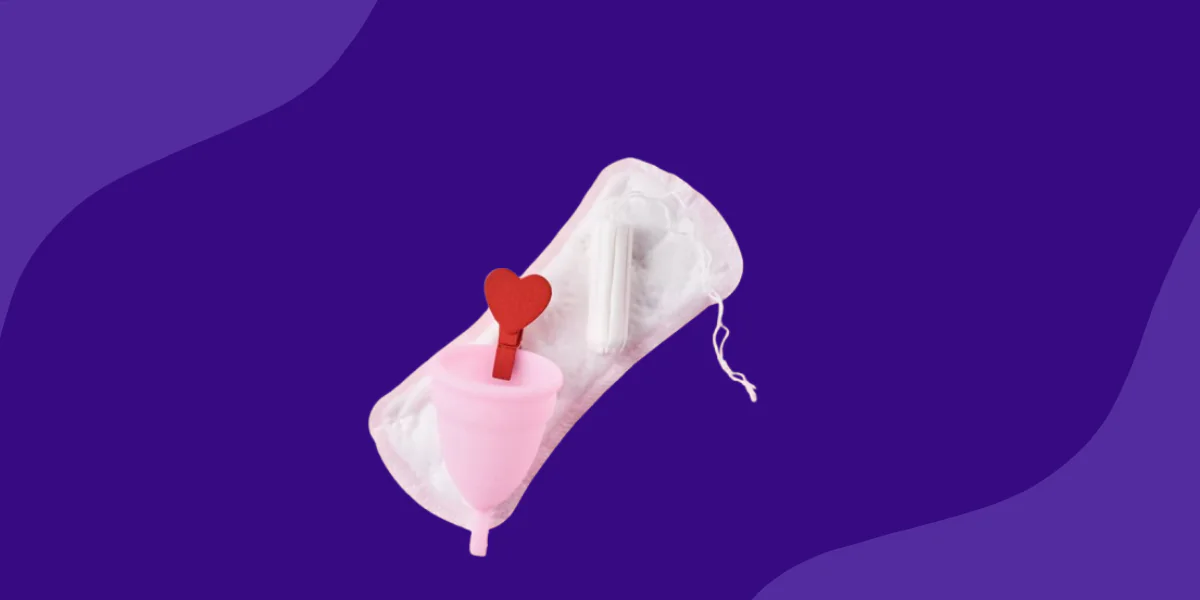Introduction: Understanding Postpartum Hair Loss
Postpartum hair loss is a common concern among new moms, often starting a few months after childbirth. It’s typically due to hormonal changes and can feel alarming, but it’s usually temporary. Understanding why it happens and how to manage it can help ease anxiety while promoting healthy hair recovery.
Causes of Postpartum Hair Loss
The primary cause of postpartum hair loss is the sudden drop in estrogen levels after delivery. During pregnancy, higher estrogen levels extend the growth phase of the hair cycle, which is why many women experience thicker, fuller hair. After childbirth, estrogen levels decrease, causing more hair to enter the shedding phase. Other contributing factors include:
- Hormonal shifts: The drop in estrogen levels triggers increased hair shedding.
- Stress and fatigue: The physical and emotional demands of motherhood can accelerate hair loss.
- Nutritional deficiencies: Lack of essential nutrients like iron, zinc, and vitamin D can impact hair health.
- Genetics: Some women may be more prone to postpartum hair loss due to genetic factors.
When Does Postpartum Hair Loss Start and End?
Postpartum hair loss typically begins 2 to 4 months after childbirth and can last for up to six months. Most women notice hair regrowth within this period, though full recovery may take longer for some. It’s important to understand that this hair shedding is normal and temporary.
Consulting a Healthcare Professional
While postpartum hair loss is usually harmless, certain medical conditions can exacerbate the problem. If hair loss is severe or continues beyond a year, it’s essential to consult a healthcare provider to rule out conditions such as:
- Thyroid disorders: Both hyperthyroidism and hypothyroidism can contribute to hair loss.
- Anemia: Iron deficiency is common postpartum and can lead to increased shedding.
Seeking medical advice ensures proper diagnosis and treatment if underlying health issues are contributing to hair loss.
Remedies for Managing Postpartum Hair Loss
Fortunately, there are several effective remedies that can help manage postpartum hair loss and promote regrowth:
- Nutritional support: Focus on a diet rich in vitamins and minerals essential for hair health. Foods high in biotin, iron, zinc, and protein are crucial. Indian foods like leafy greens (spinach), lentils, and dairy products are excellent sources.
- Herbal and Ayurvedic remedies: Traditional Indian remedies, such as Amla (Indian gooseberry) and Bhringraj, are known to support hair health and reduce shedding.
- Balanced diet: Eating a nutrient-rich diet, including fresh fruits, vegetables, whole grains, and healthy fats, will nourish both your body and hair.
Scalp Care and Hair Strengthening Tips
Caring for your scalp and strengthening your hair can minimize damage and support regrowth:
- Gentle scalp massages: Regular scalp massages stimulate blood flow to the hair follicles, promoting healthier growth.
- Avoid heat styling and chemicals: Limit the use of heat styling tools and chemical treatments, as these can weaken hair and cause further breakage.
- Mild shampoos and conditioners: Use products free of sulfates and parabens to prevent scalp irritation and hair damage.
Natural Oils and Treatments for Hair Health
Natural oils have long been used in India for maintaining hair health. Some of the most effective oils for postpartum hair care include:
- Coconut oil: Known for its moisturizing and strengthening properties, coconut oil can prevent protein loss in hair.
- Almond oil: Rich in vitamins and nutrients, almond oil nourishes the scalp and strengthens hair.
- Castor oil: Castor oil is high in ricinoleic acid, which helps stimulate hair growth. A weekly massage with castor oil can be beneficial for promoting regrowth.
Stress Management and Its Role in Hair Health
Stress is a significant factor that can contribute to postpartum hair loss. Managing stress is essential not only for hair health but for overall well-being. Techniques that can help include:
- Yoga and meditation: Practicing yoga or meditation can reduce stress and improve blood circulation, benefiting both mind and body.
- Postpartum support: Joining a new moms’ group or seeking emotional support from family can also ease the burden of new motherhood.
Choosing the Right Hair Care Products
Being mindful of the hair products you use can make a big difference in managing postpartum hair loss:
- Ingredients to avoid: Harsh chemicals like sulfates, parabens, and silicones can damage hair and irritate the scalp. Opt for products labeled as “natural” or “organic.”
- Natural, nourishing ingredients: Look for products containing ingredients like aloe vera, rosemary oil, or tea tree oil, which promote scalp health and hair growth.
Dealing with the Emotional Impact
Losing hair after pregnancy can take an emotional toll, as it often affects self-confidence. It’s important to remember that postpartum hair loss is temporary and that focusing on overall health will help restore hair over time. Embracing your changing body and talking about your feelings with loved ones can also help manage the emotional impact.
Can Postpartum Hair Loss Be Prevented?
While postpartum hair loss cannot be entirely prevented, there are ways to reduce its severity:
- Maintaining a healthy diet: Eating a balanced, nutrient-rich diet throughout pregnancy and after childbirth can support hair health.
- Practicing good scalp care: Regular scalp massages and the use of nourishing oils can keep hair follicles healthy.
- Managing stress: Practicing mindfulness, yoga, and seeking support can help minimize stress-induced hair loss.
When to Expect Hair Regrowth
Most new moms will notice signs of hair regrowth within 6 to 12 months after childbirth. As the hair growth cycle normalizes, new hair begins to grow, and shedding decreases. During this time, it’s important to continue with a healthy lifestyle, including proper nutrition, gentle hair care, and stress management, to support the regrowth process.
Final Thoughts
Postpartum hair loss is a normal and temporary experience for many new moms. By focusing on proper nutrition, scalp care, and stress management, you can help reduce shedding and support the regrowth process. Remember, your body has been through an incredible journey, and with time, both your hair and health will recover. Patience, self-care, and a supportive network will make this transition smoother for you.
Read More: How to Safely Lose Weight After Pregnancy: A Step-by-Step Guide for New Moms
Medical Disclaimer: This article is for informational purposes only and is not a substitute for professional medical advice. Always consult with a healthcare provider for personalized recommendations.

